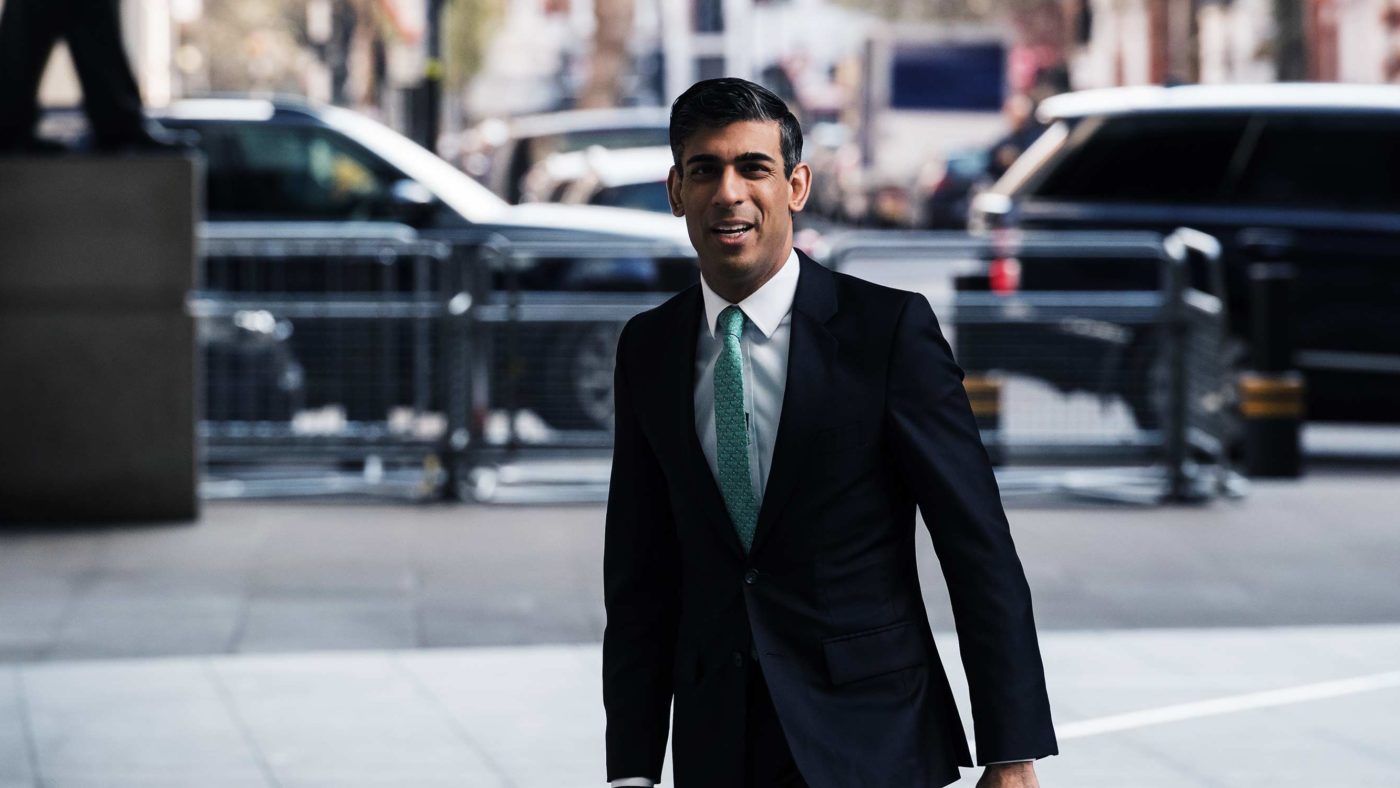Rishi Sunak may have woken up on Thursday feeling rather sore at the media reaction to his Spring Statement. Even from usually supportive outlets, the headlines were relentlessly negative, with many accusing the Chancellor of failing to produce a package in keeping with the severity of the moment.
A degree of criticism was understandable. In particular, the Chancellor could have done more to help the poorest by bringing benefits in line with soaring inflation. Equally, there were much better ways to help households on the breadline than a 5p fuel duty cut.
And though Sunak said ‘tax cut’ 16 times in his speech, the changes he announced were less zealous than his tone might have suggested. Most people know their tax bill has gone up significantly since 2019 and that the measures announced this week really only take the edge off those rises – and that’s before we mention housing, utilities or prices in the shops.
It was also perplexing to see the Government putting up one income tax via the social care levy, while promising to reduce the basic rate of income tax in two years’ time – another artefacf of a tax system that seems to get more bafflingly counter-intuitive by the year.
One decision that was extremely welcome, however, was putting the National Insurance threshold up to £12,570 – and a big policy win for our colleagues at the Centre for Policy Studies (and Sunak even name-checked the CPS in his speech).
But while we can mull over a granular analysis of Wednesday’s statement, I suspect there’s a deeper reason for the negative reaction than just which tax rates he put up or down. It lies in a pandemic-enhanced surge in our expectations of the state. The trend towards bigger government (and higher taxes) certainly predates Covid, but there’s no doubt it’s been hugely exacerbated by it.
Exhibit A is the furlough scheme. Not only because it was enormously expensive, but because of the lightning speed the Treasury put the scheme together. In the space of a few days, Sunak oversaw one of the most far-reaching interventions in British economic history. No wonder people now expect him to conjure economic security out of thin air. The Prime Minister is also fully signed up to the comfort blanket state, promising to ‘look after people throughout’ the coming cost of living crisis.
Inflation itself is another example of the panic that sets in when expectations are shattered. For those born in the 1980s or beyond, the idea of inflation above a few percentage points is at worst a vague childhood memory. You have to go back to 1991 to find a year where CPI inflation rose as sharply as it is forecast to in 2022.
It’s not just Covid measures that have inflated our expectations of the state. The Government’s flagship projects, Net Zero and Levelling Up, both rely heavily on the power of the state to thrust profound economic change on the country. The private sector is not exactly absent from either project, but nor is business given top billing.
The striking thing is that Sunak does seem to understand the urgency of getting private-sector led growth firing. In his Mais lecture at the end of February, the Chancellor described finding new sources of growth as the ‘biggest challenge facing the free market’.
That’s particularly apparent when you look at the OBR’s forecasts for both GDP growth, and just as importantly, wage growth. As it stands people will be no better off in five years’ time than they are now – that’s every bit as urgent as the immediate cost of living challenge.
Click here to subscribe to our daily briefing – the best pieces from CapX and across the web.
CapX depends on the generosity of its readers. If you value what we do, please consider making a donation.


